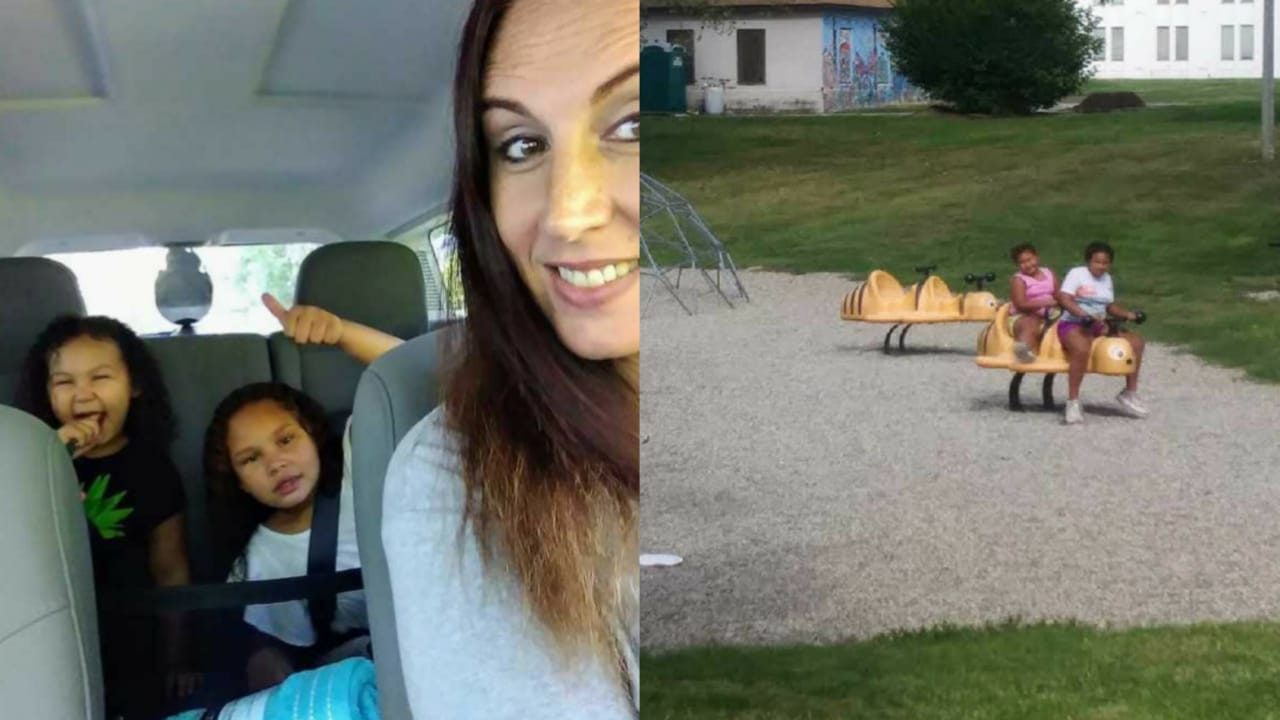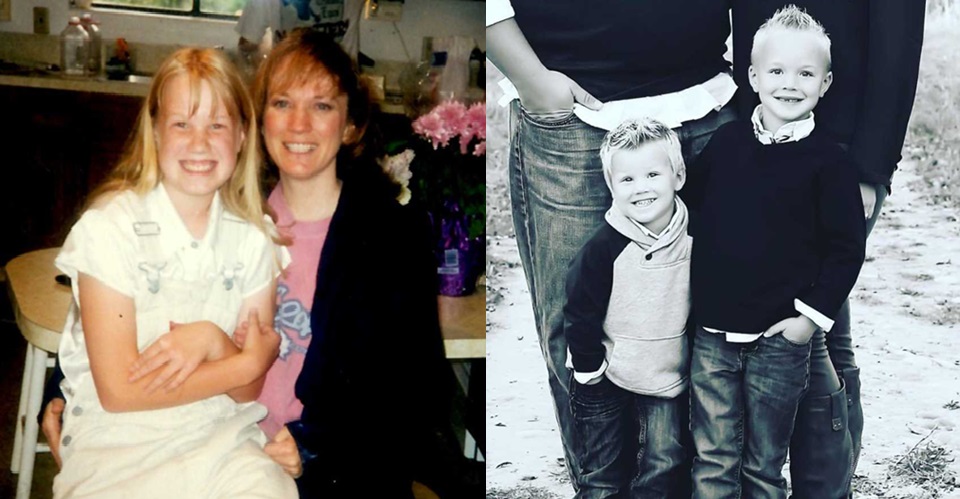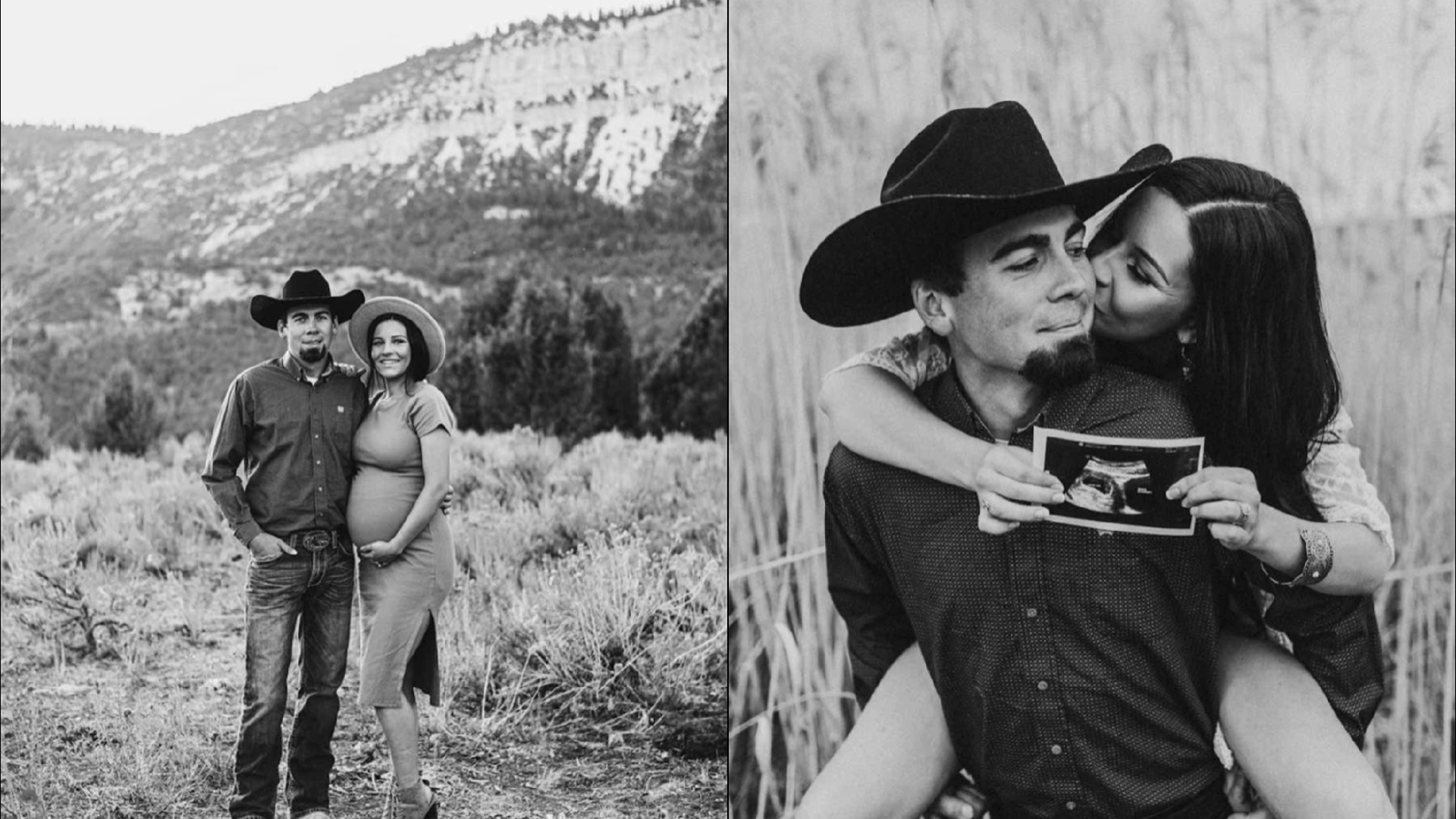Three years ago, my family moved to a minor town in Indiana. We knew no one when we reached, and my fiancé was working with a local company that rented us an old- fashioned apartment. We had relocated from New Albany, where my bi-racial children had experienced racial judgement and bullying at their first school. I couldn’t stand by while my child faced hate, which urged the move. In our new city, we were warmly welcomed. Neighbors waved and spoke easily, and my daughter thrived in school—her grades and happiness reflecting the positive atmosphere.

Sadly, my fiancé passed away just months after our move, leaving me and my children struggling to make ends meet. We had no funding system and faced rejection when asked for the help. I became a outworker to keep food on the table and slowly began to see light at the end of the underpass. That summer, we started travelling our city again, including a trip to the minor park—the only one in town. The park had two parking lots and a playground about 50 feet away. My children played happily with another child, who invited them to the rock mound.

Soon, the other child’s mother seemed repeatedly, pulling her daughter away and clearly saying, “I don’t want you playing with those [N-word] kids.” I watched as the child tried to sneak back to play, shy how to talk with her mother’s hate. I intervened calmly, explaining to the mother that my children were loving and gentle and asking why she was teaching her child to be racist. She first denied it but eventually apologized after realizing the truth of her words.

The children continued to play together peacefully.
From then, my daughter thanked me for speaking up, revealing how aware children are of hate, even when adults try to shield them. This experience highlighted that prejudgment is learned and that it is our responsibility as adults to perfect love and acceptance. Despite the negativity, there was a hopeful moment the next day when we saw the woman at the grocery store: she waved, allowed her child to hug my children, and acted with civility.

My hope in sharing this story is to remind others that if you witness racial discrimination, you must intervene. Children naturally accept one another until adults interfere. We are all connected, and love, compassion, and tolerance must guide our actions. Hate has no place in our society, and teaching kindness is a responsibility we all share.











